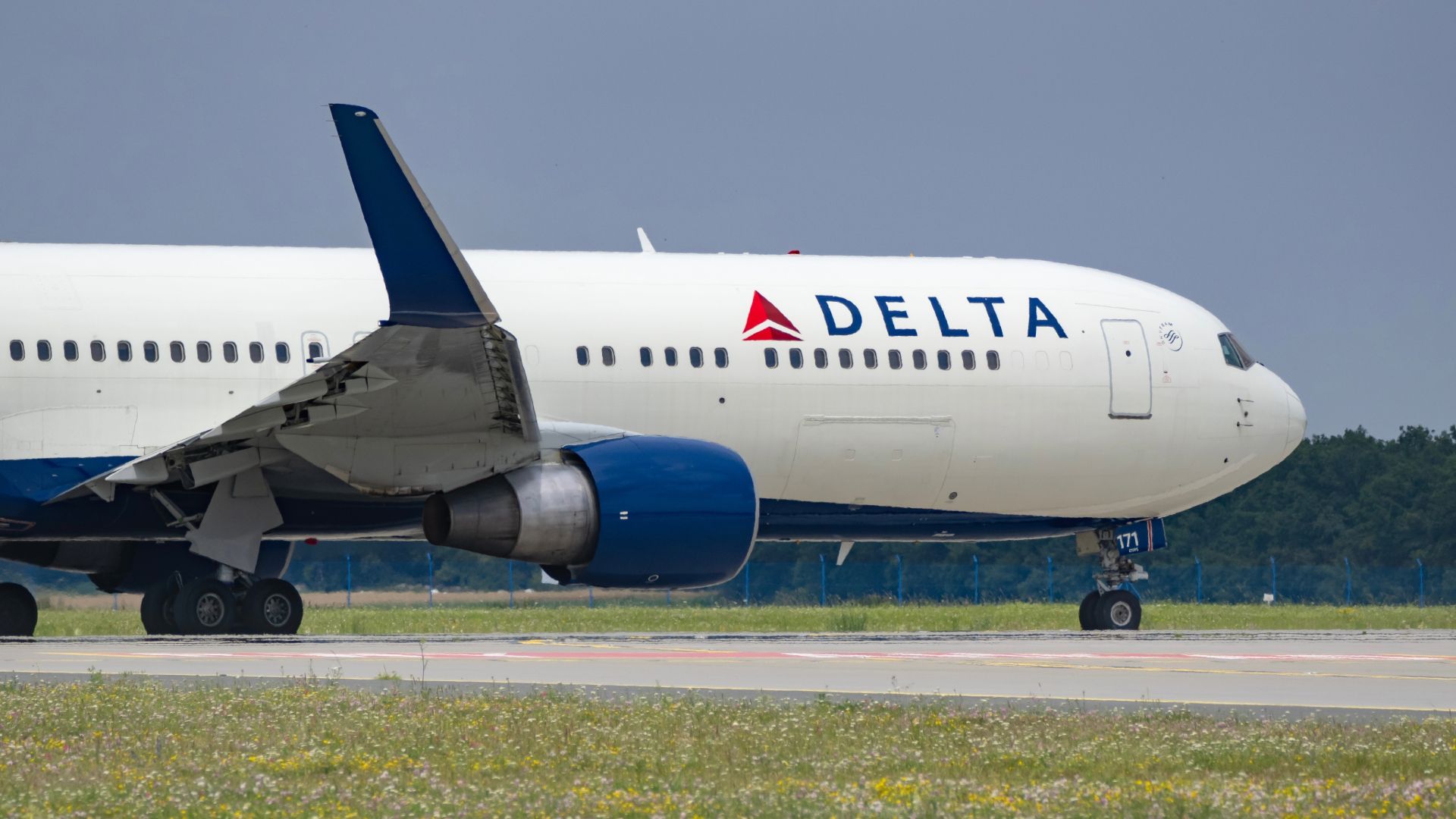The Coming Era of Technology: Navigating Innovations and New Challenges
Author: Tech Editor

In recent years, technology has rapidly transformed the landscape of both industry and everyday life. Innovations in artificial intelligence, mobile devices, and digital tools are not just changing how we work; they are reshaping the fundamental experiences of consumers everywhere. Companies and educational institutions must adjust to these innovations to remain viable and competitive.
A significant example of this transformation is the launch of the Samsung Galaxy F36 5G. Priced under Rs. 20,000, this new smartphone features impressive specifications including a 50-megapixel camera and various AI capabilities that enhance user experience. Such devices exemplify how technology companies are leveraging artificial intelligence not just for performance, but to augment the everyday functions of devices.

Samsung Galaxy F36 5G: A budget smartphone with cutting-edge AI features.
Meanwhile, in the realm of personal computing, a striking deal has emerged for Windows 11 Pro. Available for under $10 through StackSocial, this deal showcases another layer of technology accessibility. Microsoft’s OS is recognized for its performance enhancements and productivity features, making it a pivotal tool for users across various environments.
The timing for this deal aligns perfectly with the increasing adoption of hybrid workflows, where users often operate in both Windows and macOS environments. The integration of such essential software reflects a broader trend of increasing accessibility to advanced tools that were previously cost-prohibitive for many.

Windows 11 Pro: Transforming productivity with a lifetime license at an affordable price.
As technology evolves, so too must the institutions that educate the next generation of innovators. The rise of AI has led to a reconsideration of educational paths, particularly as traditional degree requirements are being reevaluated. Employers are increasingly prioritizing skills and creativity over conventional qualifications.
In countries like the UK and the USA, there is a noticeable shift as many employers eliminate degree requirements from job listings. This reflects a growing trend in recognizing diverse skill sets and practical experience, further reinforced by the technological advancements hosted by AI.
In addition to individual empowerment, companies like Delta Airlines are utilizing AI to refine their pricing strategies. By analyzing market data, Delta aims to optimize ticket prices dynamically, illustrating how AI can craft more tailored customer experiences in the competitive airline industry.

Delta Airlines: Embracing AI to enhance customer experiences through dynamic pricing.
Moreover, the conversation surrounding AI is not purely practical; it is philosophical as well. Concerns about AI potentially posing existential risks to humanity spark significant debate. Authors and thought leaders are advocating for a constructive fusion of human oversight and AI capabilities, exploring whether AI, if responsibly integrated, could enhance our human condition rather than threaten it.
Various stakeholders, including Microsoft, are moving toward accepting regulatory frameworks such as the EU’s AI code of practice, designed to provide clear guidelines for AI usage that safeguards human interests. The emphasis on ethical compliance underlines the delicate balance between fostering innovation and maintaining oversight.
In this new era of technology, companies are also taking steps to adapt to systemic risks introduced by AI developments. New regulations demand that AI systems are not only effective but must also align with evolving ethical standards. As businesses navigate these complexities, the role of industry leaders becomes crucial in driving the narrative around responsible AI adoption.
Knowledge is no longer a scarce resource when tools like ChatGPT have transformed information access. Yet, this shift requires educational systems to rethink traditional roles, moving towards a model that values critical thinking and adaptability.
In conclusion, the convergence of technology with daily life poses both challenges and opportunities. As we move forward, the collective endeavor to harness innovation responsibly will define our future landscape. From mobile devices empowering consumers to educational institutions adapting to a new reality, the synergy between innovation and ethical awareness is more crucial than ever.